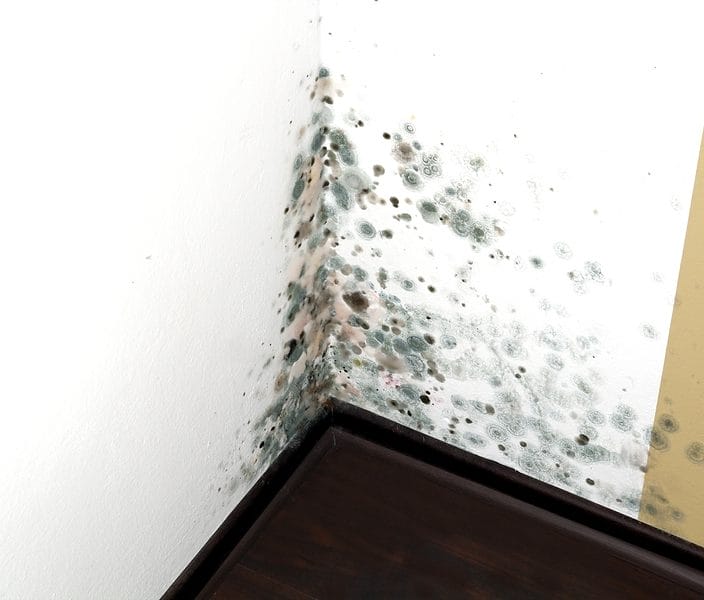Updated January 2017 – Mylan, the company that markets the EpiPen, says it has reached a proposed settlement with the U.S. Department of Justice and other government agencies to pay $465 million to resolve the dispute over its rebates to the Medicaid program.
Several federal and state lawmakers have charged that Mylan had underpaid Medicaid for several years by classifying the branded EpiPen epinephrine auto-injector as a generic for the purpose of payments to the program. Rebates in the program for generics are 13 percent, while rebates for branded drugs are at least 23 percent.
In a statement on Oct. 7, 2016, Mylan did not admit any wrongdoing. The company said that after purchasing the rights to the epinephrine device in 2007, it continued to classify the drug as a “non-innovator drug” with the Centers for Medicaid and Medicare Services (CMS) as that was the designation before the acquisition. It noted having written government guidance on that designation.
However, the government does not agree that a settlement has been reached with Mylan. In January 2017, the acting administrator of the CMS wrote to a Senate committee that “it remains the case that there is no settlement with any potential party.”
Mylan has faced huge consumer backlash over the price increase of EpiPen two-device packs, which have risen from about $100 in 2007 to over $600 at the pharmacy counter.
“Entering into this settlement is the right course of action at this time for the company, its stakeholders and the Medicaid program,” Mylan CEO Heather Bresch said in a statement of the reported agreement.
In her statement, Bresch mentioned other measures the company is taking, “including the unprecedented, pending launch of a generic version of EpiPen auto-injector and expansion of our patient access programs for this product.”
Senator Richard Blumenthal of Connecticut, who has been one of the major critics of EpiPen pricing and practices, was far from satisfied with the suggestion of an agreement between the federal and state governments and Mylan.
“This settlement is blatantly inadequate, not only in dollar amount, but also Mylan’s avoiding admission of moral and legal responsibility,” he said in a statement on October 8, 2016. “Now more than ever, Congress has an obligation to investigate thoroughly and promptly, and provide an effective remedy.”
Minnesota Senator Amy Klobuchar, who had called for the Justice Department’s intervention on the Medicaid payments, urged the department to look at other Medicaid classifications as well.
“This must be the tip of the iceberg,” she said. “If other drugs are misclassified, and surely EpiPen isn’t the only one, the public deserves to know it, the taxpayers need to get their money back, and the process needs to be changed to stop this from happening again.”
See also:
• Mylan’s statement on Medicaid settlement here.
• Kaiser Family Foundation’s report on Medicaid spending on EpiPens here.






